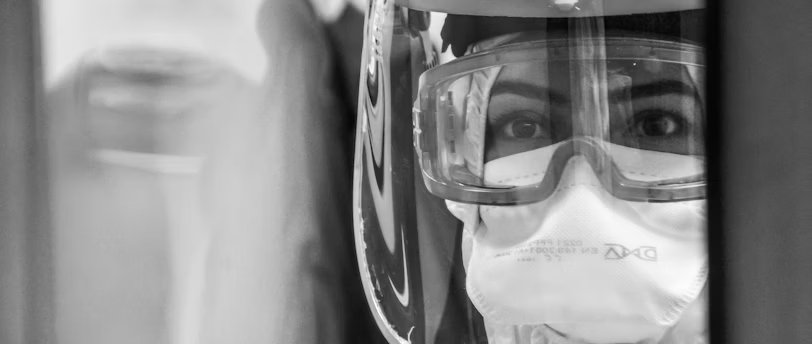Role and Responsibilities of a Duty Holder

In the context of health and safety, a duty holder is an individual or organisation that has a legal responsibility to ensure the health and safety of others. This responsibility can arise from a number of different sources, such as legislation, contract, or common law.
The specific duties of a duty holder will vary depending on the circumstances, but they typically include the following:
- Identifying and assessing risks: Duty holders must identify and assess the risks to health and safety that arise from their activities. This includes risks to their own employees, as well as risks to members of the public and other contractors.
- Taking steps to control risks: Once risks have been identified and assessed, duty holders must take steps to control them so far as is reasonably practicable. This may involve implementing a range of measures, such as providing training, using personal protective equipment, and managing work activities carefully.
- Monitoring and reviewing risks: Duty holders must monitor and review the risks on an ongoing basis to ensure that they are still being controlled effectively. They must also review their risk assessments regularly to make sure that they are up-to-date.
- Providing information and training: Duty holders must provide their employees with information and training on health and safety matters. This information should be tailored to the specific risks that employees face in their work.
- Consulting with employees: Duty holders must consult with their employees on health and safety matters. This means getting their input on the risks that they face, the measures that are being taken to control those risks, and any other health and safety issues that are relevant to their work.
The failure of a duty holder to comply with their health and safety obligations can lead to a number of consequences, including:
- Civil liability: If someone is injured as a result of a duty holder’s breach of their health and safety obligations, they may be able to sue the duty holder for damages.
- Criminal prosecution: In some cases, a duty holder who breaches their health and safety obligations may be prosecuted by the government. This can result in a fine, imprisonment, or both.
- Reputational damage: A duty holder who is found to have breached their health and safety obligations may suffer reputational damage. This could lead to a loss of customers, suppliers, and investors.
The role and responsibilities of a duty holder are complex and important. By understanding their obligations and taking steps to comply with them, duty holders can help to protect the health and safety of others.
If you are a duty holder, it is important to seek professional advice on your specific responsibilities. A consultancy firm can help you to identify and assess the risks in your workplace, develop and implement a health and safety management system, and provide training to your employees.
By taking these steps, you can help to ensure that your workplace is safe for everyone.




